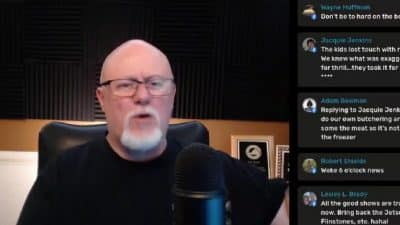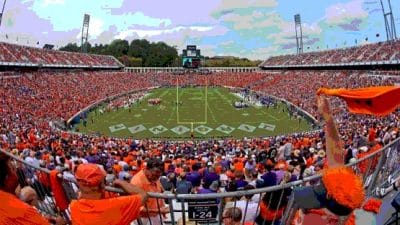
Proponents of the Dodd-Frank Act billed it as a means of ending the idea of ‘too big to fail’ financial institutions that have the potential to wreak havoc on our economy. And yet, the Dodd-Frank Act does the opposite by officially designating many large companies as ‘too big to fail’ and allocating taxpayer resources to these entities should they become insolvent. Giving these companies advantages over others in the market is terrible economic policy because it distorts market discipline and permits unnecessary risks that could lead to more taxpayer-funded bailouts.
Dodd-Frank was also intended to rein in bad actors on Wall Street, but since its passage, we have seen that it is disproportionately harming small main street banks, credit unions, and their customers by imposing one-size-fits-all regulatory schemes on community financial institutions. These regulatory impacts represent real costs and eliminate choices for consumers – both families and small businesses – on Main Streets from Chatham to Warrenton. The House has worked in a bipartisan way over the last four years to adopt numerous bipartisan measures to mitigate the impacts on Dodd Frank regulations on community lenders; however, the Senate has failed to act on almost every one.
For all of Dodd Frank’s regulations, it also failed to address one of the leading causes of the financial crisis – Fannie Mae and Freddie Mac. Almost six years after the financial crisis, these government sponsored enterprises continue to elude reform, putting taxpayers at risk for hundreds of billions of dollars in future bailouts.
As a member of the Financial Services Committee, I have worked with my colleagues extensively to examine how the actions taken by Fannie Mae and Freddie Mac have caused boom-bust cycles in the housing market, contributed to the 2008 financial crisis, and forced hardworking taxpayers to bail out the Government-Sponsored Enterprises (GSEs) at a cost of almost $200 billion. That is why House Republicans introduced the Protecting American Taxpayers and Homeowners (PATH) Act, a plan designed to protect homeowners and taxpayers by ending taxpayer-funded bailouts of Fannie Mae and Freddie Mac and freeing America’s housing markets from government distortion by implementing these reforms and increasing private sector participation in housing finance will increase competition, enhance transparency, and maximize consumer choice, making for a stronger and more sustainable system.
This week, the Financial Services Committee will hold a hearing to assess the impact of the Dodd-Frank Act four years after its implementation and demand accountability for the costs that are impacting our small businesses and families. I look forward to this week’s hearing, which will focus on what we can be doing to implement more commonsense and effective policies to eliminate the burdens holding our economy back and get our fiscal house in order.
If you need any additional information, please visit my website at hurt.house.gov or call my Washington office: (202) 225-4711, Charlottesville office: (434) 973-9631, Danville office: (434) 791-2596, or Farmville office: (434) 395-0120.
Robert Hurt represents the Fifth District in Congress.










